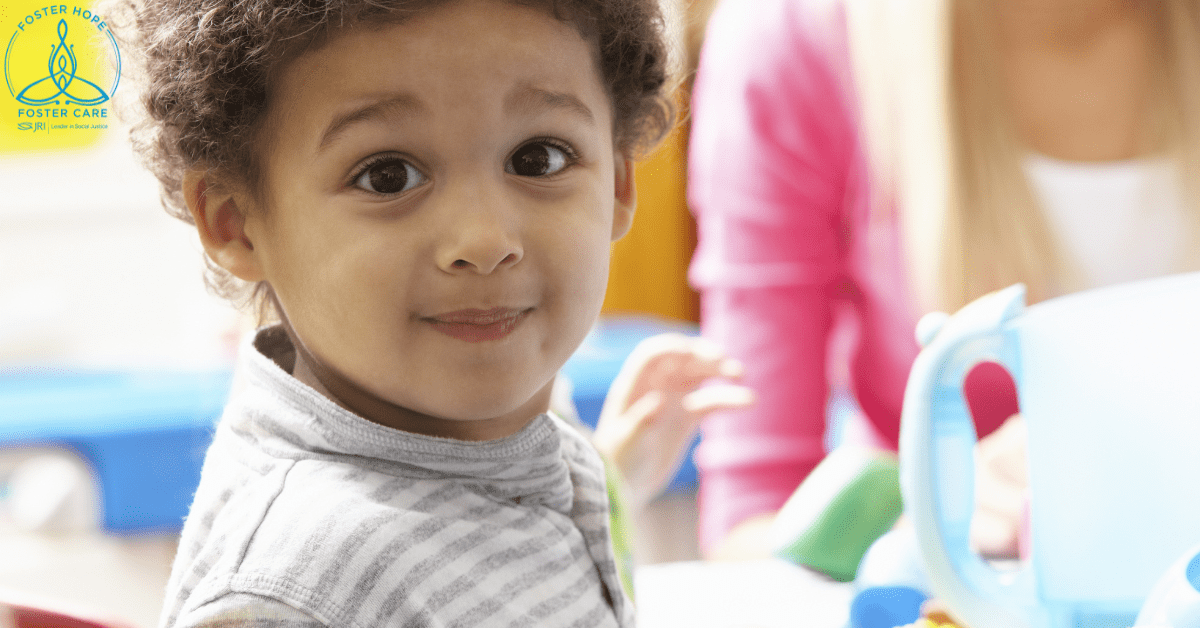Foster Care with a Partners: Can one partner be the only foster parent?
From time to time, we receive calls and contacts from people interested in becoming foster parents, but their partners are not interested in doing so. Often, the partner is willing to let the caller try fostering, but does not plan to be involved and is not planning to be an active participant in the fostering process. What do we say?
Fostering is a Family Affair
All families are different. Some are male-female. Some are male-male, female-female, single parents and children, married adults, unmarried partners, an older parent and adult child, adult siblings who live together, or roommates. We have seen a wide variety of families who foster, and all kinds can be successful. However, all household members need to be committed to fostering and invested in participating. Everyone is sharing their space, time, and resources, to say nothing of love, heart, and experiences. Adding a child to a home will involve and impact every member of the household, so if everyone isn’t on board, it is just not the right time to foster.
Single Parents Can Parent, So Why Not A Single Member of a Couple?
Single parents can be excellent parents. They can be approved to foster. However, a single member of a partnership cannot be approved to foster. Imagine a child entering a household and being told “Jess is your foster mom. Nic lives here and is her partner, but she isn’t a foster parent, she doesn’t want to be a foster parent.” This would be a very uncomfortable environment.
You may think, you would never tell a child that one partner isn’t interested in fostering, the other parent would just pick up the slack. Well, the reality is that fostering affects everyone in the home and whether it is expressly stated or not, a child will know if one partner is not involved. They will sense that one member of the household does not want them there, that they are seen as an invader, an outsider, not a member of the home. Children, especially children who have honed their skills at assessing every situation and reading every mood in the room, can tell when someone isn’t committed. It is not fair to put a child in that position, even if one partner or household member would make an incredible foster parent.
Then What?
Conversation between partners is essential. If one partner has hesitations or absolute stop signs, it is important that partner is given the respect and grace to explain his or her feelings, to state why they are not ready to do this. It can be disappointing, it can be hard to hear, but this is important. To the partner who is ready to foster, this doesn’t mean you can support children in care. Find ways to volunteer with children (Big Brothers, Big Sisters programs are vital!). Raise awareness about the need for foster parents. If you have a friend or relative who provides foster care, see if you can be approved as a support person for them, to help watch the children, take them to and from appointments, and give that parent the assistance they need.
In some families, the conversation to foster or not to foster will come up again. Maybe you agree to revisit it after a certain amount of time or after your children are a certain age. Sometimes the answer changes over time. Sometimes, it doesn’t. To the partner who doesn’t feel ready or interested in fostering, your partner may feel very disappointed, sad, even resentful. As they gave you grace to express your feelings, offer the same level of respect and support. Be understanding. For some couples, counseling might be important to get through this. Find out what you need to do to hear each other and be at peace. Providing foster care impacts every member of a household. It is important to allow all voices to be heard and to move forward as a family unit.
If your family (however you define that) is ready for foster care, please reach out to us today!














